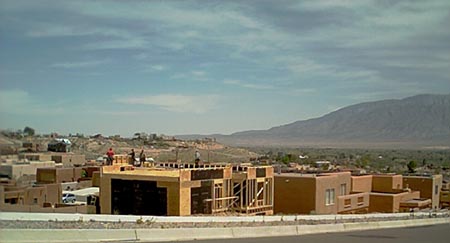BY SUSAN AGER
FREE PRESS COLUMNIST
At 15, I curled on my bed to study the glossy pages of that Life magazine, filled with the faces of every American lost in one week in Vietnam.
Many of the 242 photos, 20 per page, were high school senior pictures. These dead weren't much older than my boyfriend.
My parents subscribed to Life, known then as America's favorite magazine. But in that week in June 1969, it smacked us all in the head with those faces. I looked into their eyes, and I thought simplistically, as children do: "This is so sad and so wrong."
Wrong because I couldn't put into sensible words why so many young soldiers had to vanish from the world or how the world would be better for the sacrifice of their heartbeats.
Half an hour of names
Tonight, "Nightline" anchor Ted Koppel will pose the same challenge to Americans with a half-hour recitation of the names of more than 530 men and women killed by hostile fire in Iraq.
Twenty were from Michigan.
As he reads, the screen will unroll their faces, ages and hometowns as a ribbon of whys.
Each of us must choose: to avoid the litany, to watch until we're bored or shattered, or to force ourselves to face all those eyes, imagine those lives and draw what conclusions we will.
Koppel's producer contends the show, without even background music, isn't meant to boost ratings. It isn't a political statement, he says, although conservative editor William Kristol slammed it as "a statement with a capital S, and . . . a stupid statement." Its timing falls smack at the end of the worst month of the war and fails, Kristol said, to name the dead from Afghanistan or those killed in 9/11's terrorism.
I'd add that it also neglects the Iraqi dead. Naming them would require a long series of "Nightlines."
Koppel's producers can't predict whether people will watch for 20 seconds or 20 minutes or not at all. But we know from experience that the reading of the names of the dead from any tragedy is compelling and hypnotic.
Continue reading article at Link
Urban renewal - Albuquerque style









